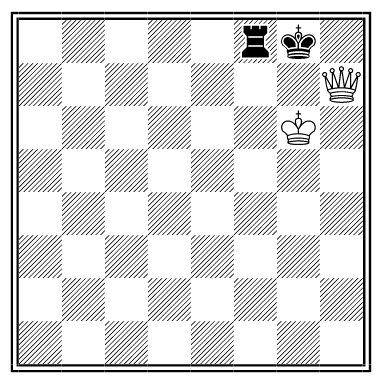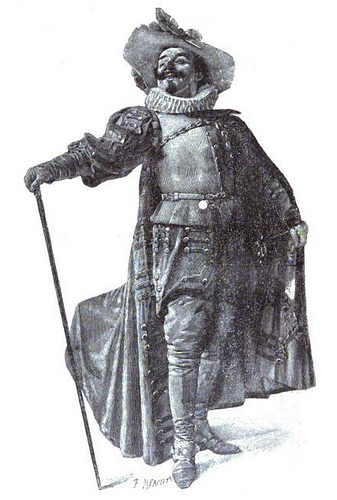During the Depression, magazines and newspapers regularly carried advertisements for “talent bureaus” promising to assess the writing of undiscovered authors. Sensing a scam, Author & Journalist editor Willard Hawkins asked his daughter to compose “the most impossible, inane and childish semblance of a story that it was possible to conceive.” She obliged with “Her Terrible Mistake,” the story of 17-year-old Mary Jane Smith, who “fell devinely in love with a very nice fellow who was a machinic by the name of Jack Berry.” When a stranger seduces Mary Jane, her “fionce” exposes him as “a villian in sheeps clothing.”
Universal Scenario Co. of Hollywood declared this “admirably suited to talking picture presentation” and for $10 offered to submit it “personally to those producers whose current production demands call for this particular type of story.”
Encouraged, Hawkins now had Lottie Perkins write a 30,000-word novel, The Missing Twin:
‘Mr. Jones I think something has happened at home. I think we ought to have left someone to take care of our children. What will I do if someone has kidnapped them out from under my nose. How can you sit there and let them be stolen from me. O my babies. How could anyone be so crule as to steel you.’
Economy Publishers of Tacoma, Wash., read this “with ever increasing pleasure and admiration for the author. My! how your characters live and breathe and walk out into the room before one … !” They agreed to publish the book for $375, returning 40 percent of all royalties to Perkins.
In the end, Author & Publisher found that in most such cases, the publisher printed only about 100 copies — and profited $200.







